Georgia offers a magnificent place for marine biology students. With its coastal ecosystems, estuaries, and top-tier research institutions, it mightn't be as widely recognized as Florida, California, or even Texas, but there are some incredible schools there. Let's look at the best colleges in Georgia to study marine biology.
| University | Location | Institution Type | Degree Programs | Degree Length |
|---|---|---|---|---|
| University of Georgia (UGA) | Athens, GA | Public | B.S. in Marine Sciences, M.S. & Ph.D. in Marine Sciences | B.S.: 4 years, M.S.: 2 years, Ph.D.: 4-6 years |
| Savannah State University | Savannah, GA | Public | B.S. in Marine Science | B.S.: 4 years |
| Georgia Southern University | Statesboro, GA | Public | B.S. in Biology with a Marine Biology Concentration | B.S.: 4 years |

Top Marine Biology Colleges in Georgia
While Georgia probably isn't the first coastal state you think of, it does feature 100 miles of coastline on the Atlantic Ocean, making it 16th among US states. However, when it comes to top schools for marine biology, you'll realize that 16th doesn't feel like the correct rank.
University of Georgia (UGA)
Athens, GA
30,166
40%
The University of Georgia (UGA) has one of the best marine biology programs in the state. There are undergraduate and graduate programs in marine sciences. Though located inland in Athens, GA, the university has field research facilities along the Georgia coast where students can enjoy hands-on experience in marine ecosystems.
Our graduate students undertake exciting, cutting edge research.
Department of Marine Sciences, Franklin College of Arts and Sciences, University of Georgia
Though studying marine biology in Florida may seem like the more obvious choice, you might be surprised at just how good the offering is in Georgia.
Degree Programs
- B.S. in Marine Sciences – Focuses on marine biology, oceanography, and aquatic ecology, preparing students for marine conservation and environmental research careers.
- M.S. & Ph.D. in Marine Sciences – Advanced studies in biological oceanography, marine ecosystems, and coastal resource management.
What Students Will Learn
- Oceanography & Marine Ecology – Explore ocean systems, marine life interactions, and environmental changes.
- Marine Research Methods – Conduct field and lab-based studies on aquatic organisms and ecosystems.
- Conservation & Sustainability – Learn how to preserve marine biodiversity and apply sustainable resource management strategies.
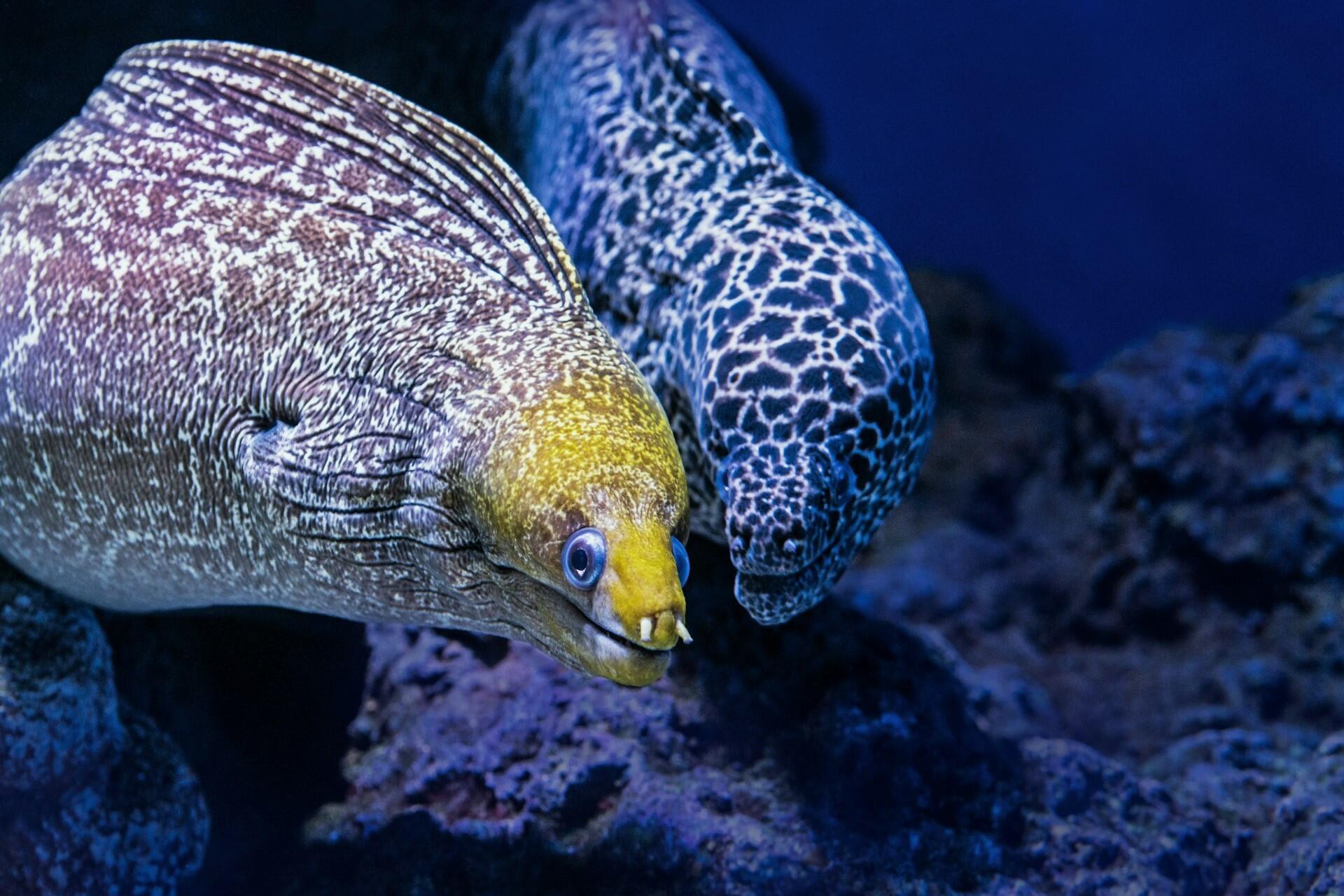
What Makes UGA’s Marine Biology Program Stand Out?
Savannah State University
Savannah, GA
2,950
46%
Savanna State University (SSU) offers an accessible and affordable marine science program. It's a great option for students interested in hands-on marine research and conservation. This was Georgia's first public historically Black university (HBCU), and it has a reputation for academic excellence and environmental studies.
Degree Program
- B.S. in Marine Science – A comprehensive program covering marine biology, oceanography, and aquatic environmental sciences, designed for students pursuing marine research, fisheries, and conservation careers.
What Students Will Learn
- Marine Organism Biology – Study the structure, behavior, and ecology of marine life.
- Coastal Ecosystem Management – Learn how to protect and manage estuarine and ocean habitats.
- Oceanographic Research Methods – Develop skills in marine data collection, water quality analysis, and conservation research.
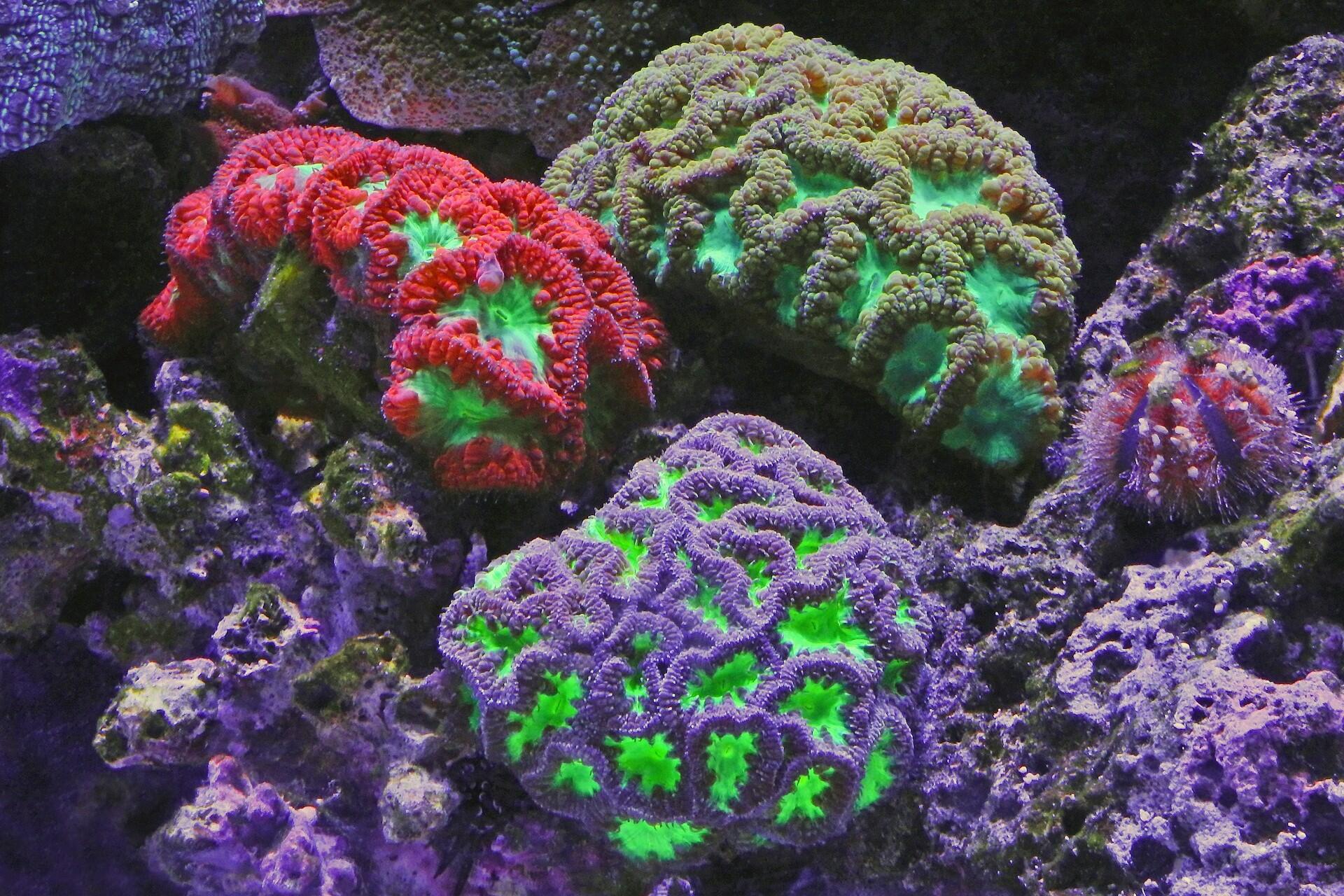
What Makes SSU’s Marine Science Program Stand Out?
Other Notable Marine Biology Programs in Georgia
While these two schools are where you should start your search, a few other academic institutions in Georgia might be right for certain students or if you'd like to go further afield, you could always look at the best schools for marine biology in California.
Here's what you need to know about them before you start your research.
Georgia Southern University
Georgia Southern University is in Statesboro, GA. It offers a B.S. in Biology with a Marine Biology Concentration. It mightn't be the right choice for everyone, but there are a few reasons that students interested in marine biology should consider it.
Skidaway Institute of Oceanography (Affiliated with UGA)
The Skidaway Institute of Oceanography is a UGA affiliate located in Savannah, GA, and is a research-focused institute with options for graduate-level study and research opportunities.
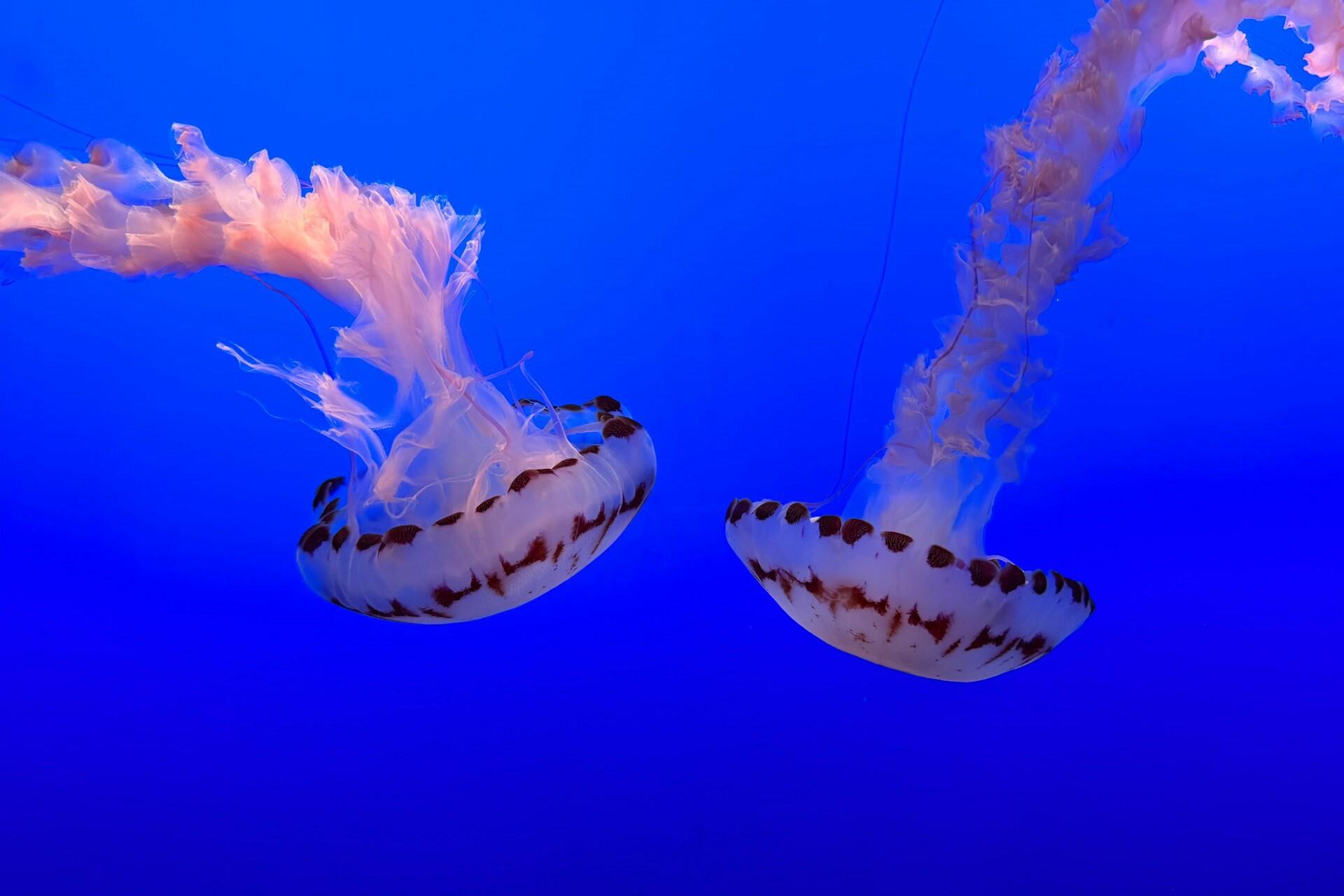
What Students Will Learn in a Marine Biology Program
Like all the best marine biology programs in the United States, your typical marine biology program in Georgia will likely be based on studying biology and environmental sciences.
Students in these programs also develop practical research skills in coastal and marine ecosystems.
Programs cover classroom education, lab research, and fieldwork experiences to train the next generation of marine biologists, ensuring that graduates are ready for various careers in marine science, conservation, and oceanography.
Core Areas of Study in Marine Biology Programs
Most marine biology courses will cover a lot of the same topics. Be sure to check the specifics of each program, but these are the topics that almost every school will look to cover.
- Marine Ecology and Conservation – Understanding how marine organisms interact with their environments and studying methods for preserving ocean biodiversity.
- Biological Oceanography – Exploring ocean currents, marine food webs, and climate change impacts on marine life.
- Aquatic Toxicology and Environmental Sciences – Studying the effects of pollution, contaminants, and human activities on marine ecosystems.
- Fisheries and Aquaculture Management – Learning about sustainable fisheries, aquatic resource management, and seafood industry practices.
- Marine Research Methods – Developing fieldwork skills such as water sampling, marine organism identification, and data analysis techniques.
Hands-On Learning Opportunities
A key part of the best programs is the opportunities offered for research, fieldwork, and hands-on learning opportunities. These are the kinds of things you could end up doing.
- Fieldwork at Coastal Research Stations – Students research Georgia's estuaries, salt marshes, and coastal waters.
- Laboratory-Based Marine Studies – Courses include marine genetics, biological chemistry, and aquatic microbiology.
- Internships with Conservation Organizations – Many programs offer internships with NOAA, Georgia’s Department of Natural Resources, and marine research centers.
What Makes These Marine Biology Programs Renowned?
Georgia may not be the first state that aspiring marine biologists think of when choosing to study marine biology, with many looking to Texas' best marine biology programs, but with strong research institutions, hands-on learning experiences, and access to diverse coastal ecosystems, it definitely should be.
Here's what makes it worth considering:
- Coastal Research Opportunities – Georgia’s salt marshes, estuaries, and barrier islands provide ideal environments for marine research and conservation studies.
- Affiliation with Leading Marine Science Institutes – Schools like UGA and Savannah State University partner with renowned research centers such as:
- Skidaway Institute of Oceanography (affiliated with UGA)
- NOAA’s Marine Science Programs
- Georgia Sea Grant
- Cutting-Edge Research Facilities – Institutions such as the UGA Marine Institute on Sapelo Island and Savannah State’s Marine Science Research Center provide students with advanced lab equipment and oceanographic study tools.
- Internships and Career Preparation – Programs emphasize real-world experience, helping students gain internships with:
- Georgia Department of Natural Resources (DNR)
- National Oceanic and Atmospheric Administration (NOAA)
- Private environmental consulting firms.
Career Opportunities for Marine Biology Graduates in Georgia
One key reason to study marine biology is the career prospects. Marine biology graduates have opportunities in various fields, such as environmental research, conservation, fisheries management, and marine science education.
Combine this with Georgia's coastal resources, marine research institutions, and environmental agencies, and you will have graduates who can work in a number of different careers.
- Marine Biologist – Studies marine ecosystems, biodiversity, and conservation efforts.
- Fisheries Scientist – Works with state agencies to manage and protect fish populations.
- Coastal Ecologist – Focuses on preserving Georgia’s estuarine and coastal environments.
- Marine Research Scientist – Conducts field and lab-based studies on marine life, climate change, and aquatic health.
- Oceanographer – Specializes in biological, chemical, physical, or geological oceanography.
- Environmental Consultant – Advises companies and governments on sustainability and marine conservation policies.
- Marine Science Educator – Teaches marine sciences at universities, aquariums, or K-12 schools.
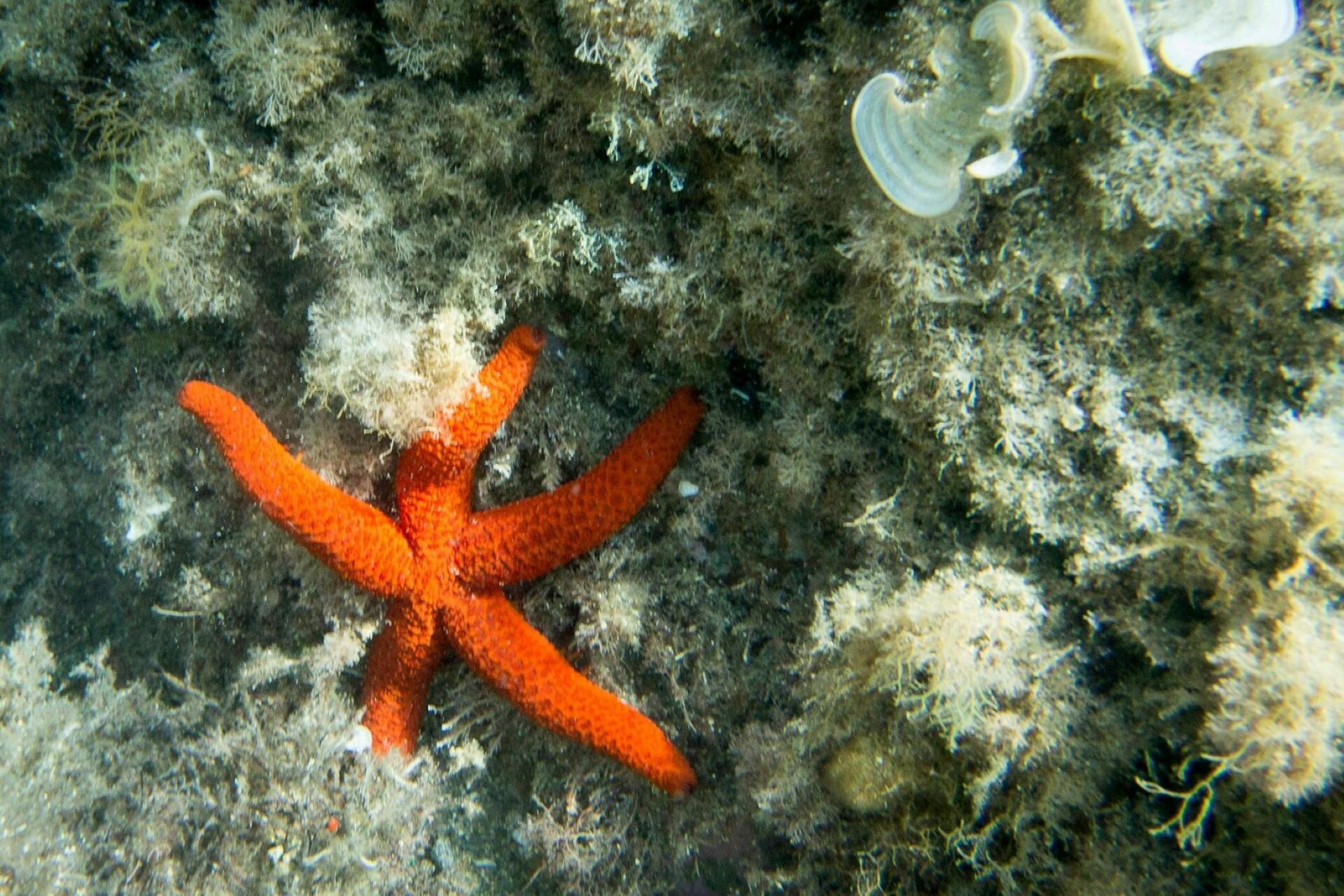
These are all interesting careers for anyone interested in marine biology, but how much can you earn with a marine biology degree?
Here are some of the average salaries in Georgia.
- Marine Biologist: $50,000 - $75,000 per year
- Fisheries Scientist: $55,000 - $80,000 per year
- Environmental Consultant: $50,000 - $85,000 per year
- Aquatic Veterinarian: $75,000 - $120,000 per year
- University Researcher/Professor: $70,000 - $130,000 per year
Don't forget that if you need help with your studies, you just need to search for a private biology tutor on the Superprof website!
Summarize with AI:

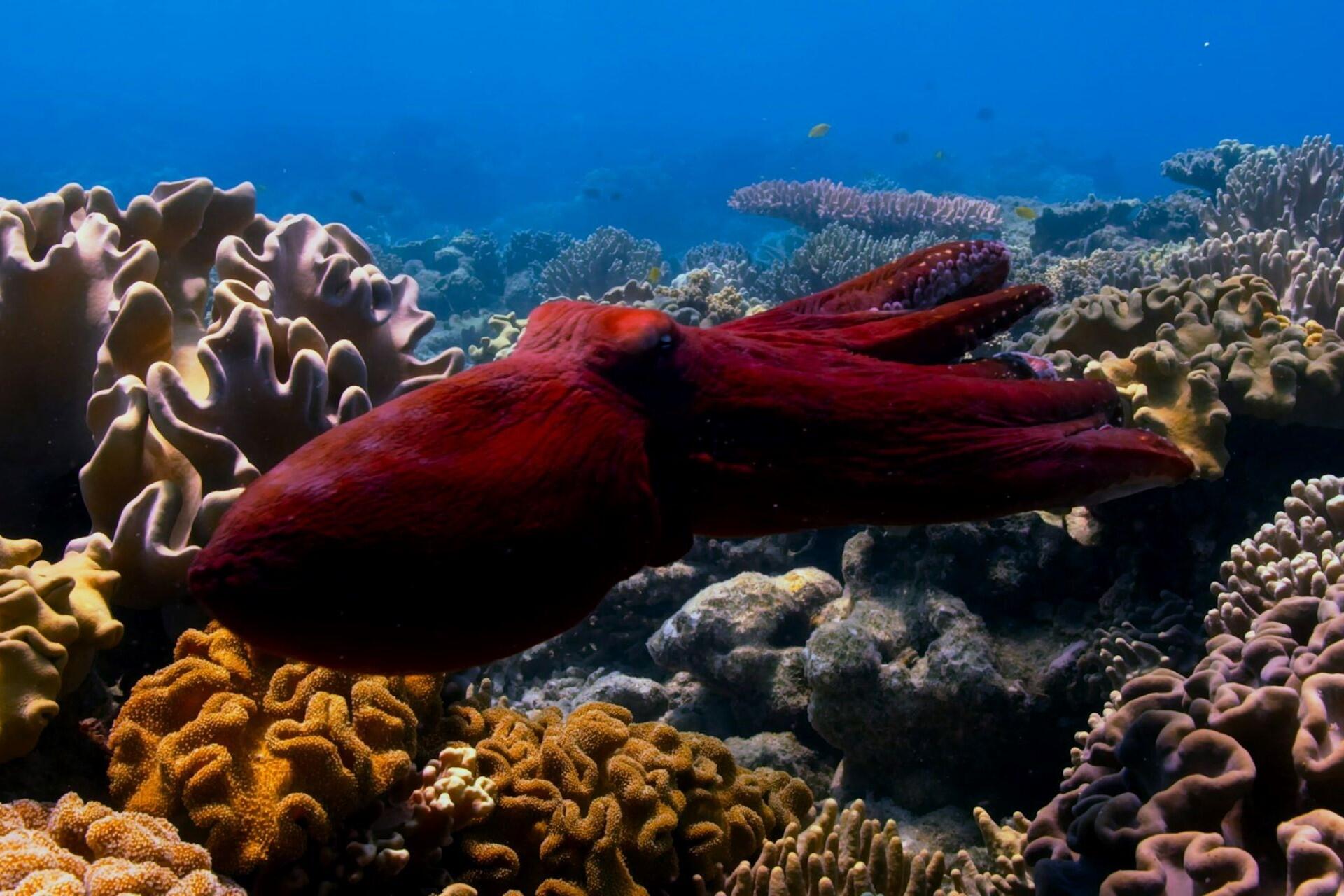













This program is a ripoff. You get charged up front, promising you a free lesson, and all you get is a referral telling you sorry, I have now moved out of your area, and no further referral. But, you do get a $49 charge on your credit card that you dispute and it is denied.. As soon as you r request is responded to, you are charged, and forgotten. DO NOT use this program.
Hello Pam. A member of our customer care department is reaching out to you via email to resolve any issues.